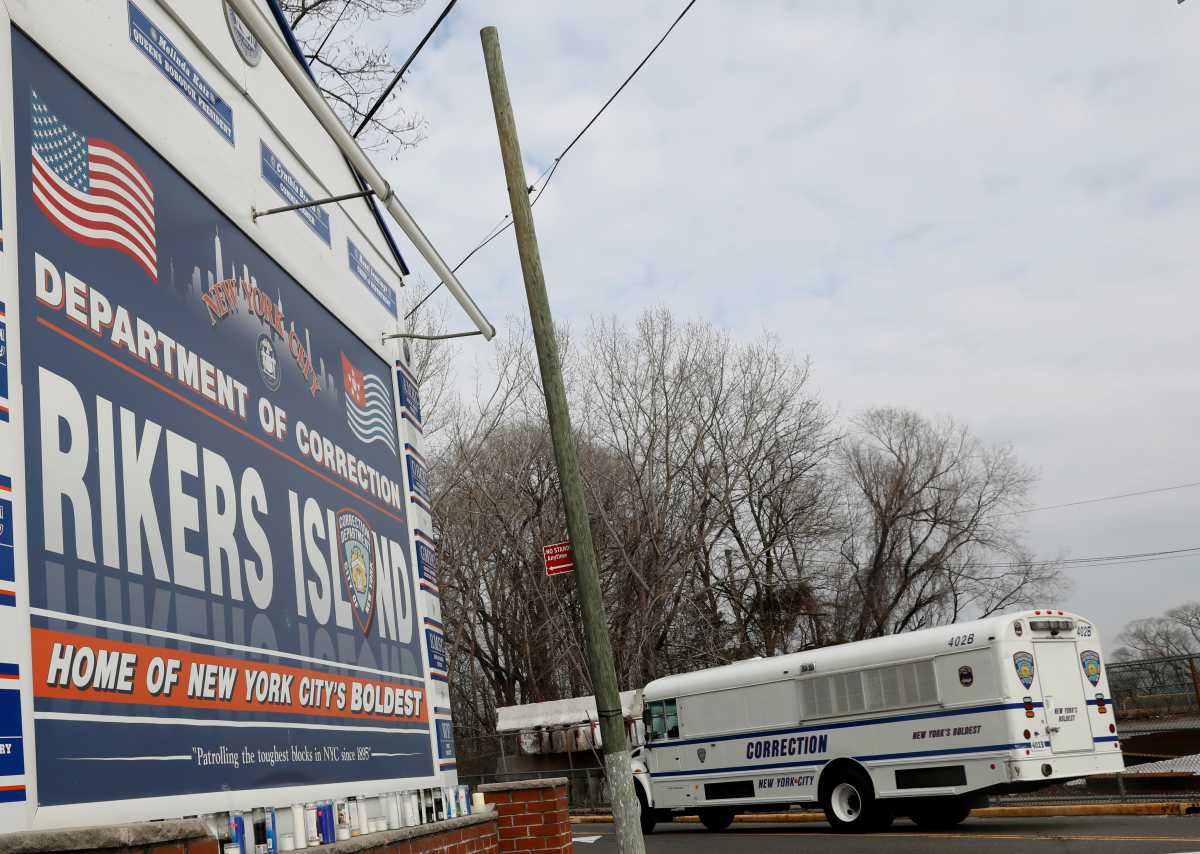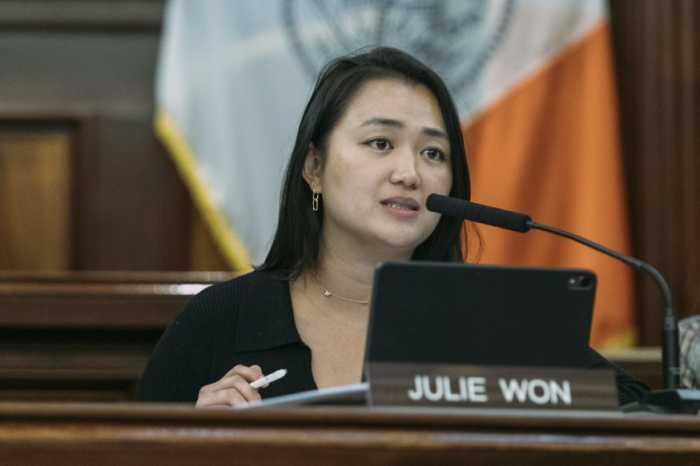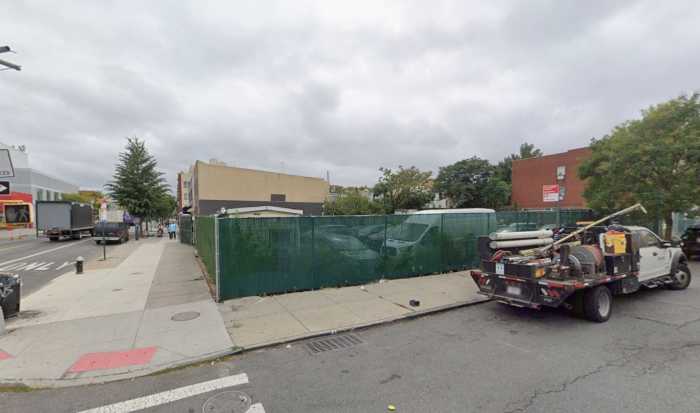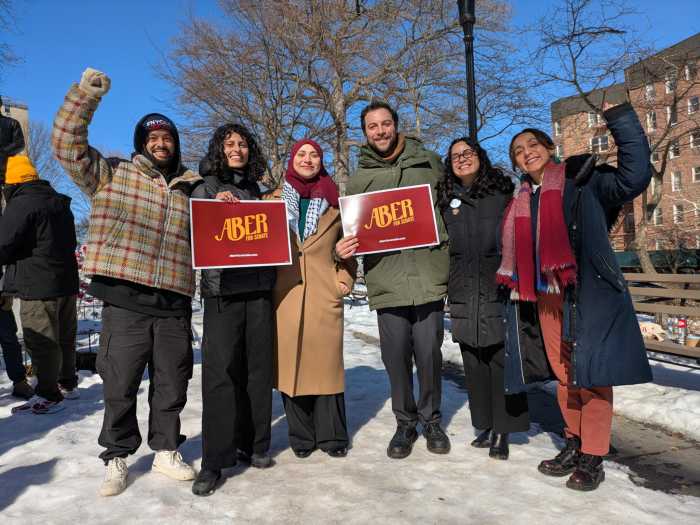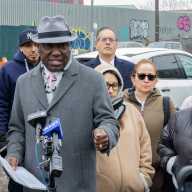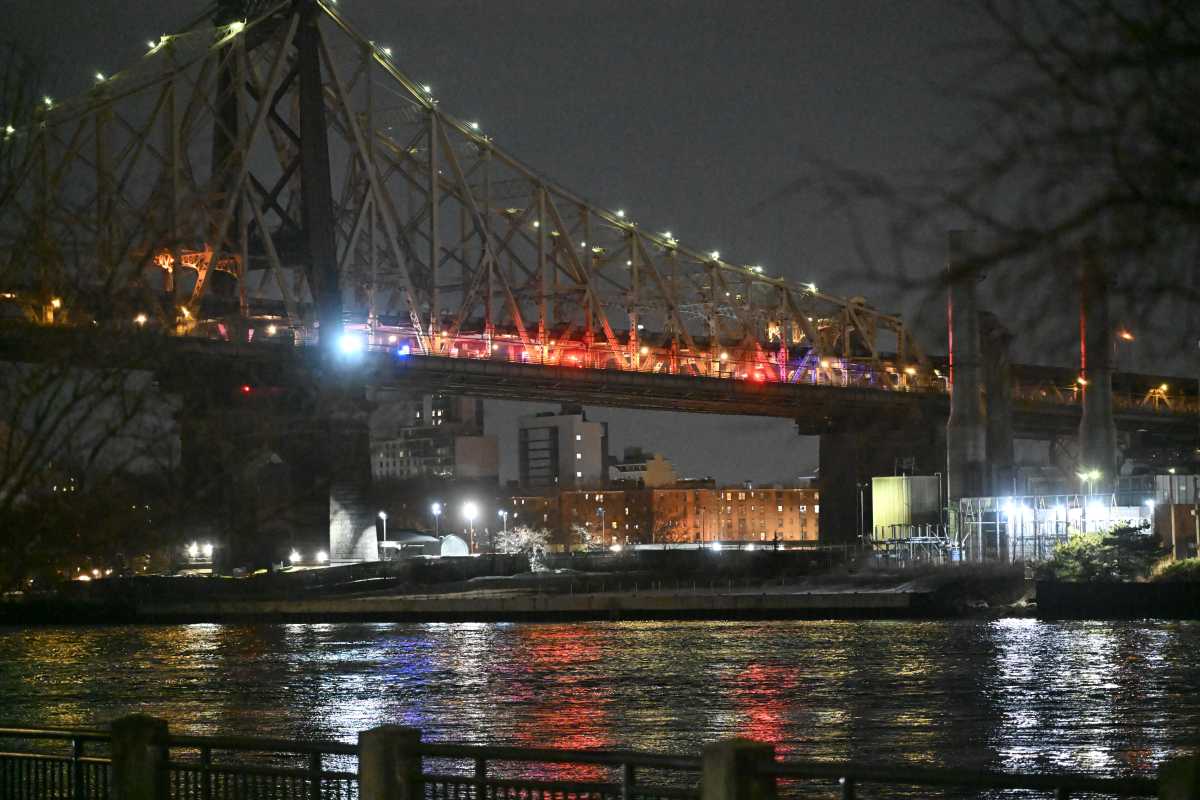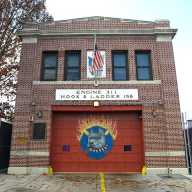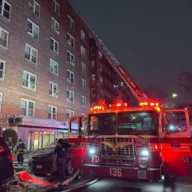State Assemblyman Ron Kim is calling on Gov. Andrew Cuomo to release vulnerable incarcerated inmates in New York state prisons who are at risk of contracting COVID-19 during the ongoing pandemic.
Kim hosted a virtual roundtable discussion on Tuesday, Nov. 17, with Senate and Assembly colleagues, criminal justice reformers and family advocates.
The group argued that reducing New York state’s vulnerable prison population is a matter of sound public health policy and judicious economic policy.
“We can no longer delay the release of the incarcerated individuals most vulnerable to COVID-19 due to their advanced age or underlying health condition,” Kim said. “These are human beings who are being exposed to a deadly virus in prisons that are not designed to offer safety in the event of a breakout, or medical care in the aftermath.”
Advocates are urging Cuomo to follow in other states’ lead in more effectively tackling the prison health crisis by releasing incarcerated individuals who pose no threat to public safety.
“No one else needs to die from COVID-19 while incarcerated, especially immune-compromised and aging individuals,” said Anisah Sabur, a member of Halt Solitary Campaign, an organization that seeks to reform New York’s use of solitary confinement and other forms of extreme isolation in state prisons and local jails.
According to the The Prison Policy Initiative, prisons and jails are amplifiers of infectious diseases such as the coronavirus, because social distancing is impossible inside and movement in and out of facilities is common.
Kai Lin Zhang, executive director of the Asian Pacific American Task Force, said with the dangerous spike in COVID-19 infections, and outbreaks in several New York state prisons, 1,644 state inmates have contracted the virus, yet only five prisoners have been released on medical parole since March 16.
Recently, Leonard Carter, 60, who received parole after serving 25 years in prison, died from COVID-19 two weeks shy of his 61st birthday, according to his sister, Cynthia Carter-Young. Delays in his parole case, in addition to unheeded calls for clemency, went unnoticed by the administration.
Carter-Young, who is a member of Center for Community Alternatives, said their family had planned a birthday celebration, but instead ended up planning a funeral.
“It didn’t have to be that way. We were looking forward to him coming out,” Carter-Young said. “No family wants to go through that — the anticipation of seeing a loved one after 25 years, and find out he won’t be coming home.”
Carter was sentenced to 25 years to life in prison in 1996 for a Brooklyn murder, but was granted parole in January and set to be released May 26 from minimum security Queensboro Correctional Facility after being transferred downstate from Sing Sing, where he turned his life around.
According to Carter-Young, her brother was doing everything he could to protect himself inside the facility, after hearing three security guards had contracted the virus.
“He was the first inmate who got COVID. He walked out of the prison, got in the vehicle, went to the hospital and left in a body bag,” Cynthia-Carter said.
Cuomo could’ve given clemency to some of the elderly incarcerated prisoners aged 55 years and older, Carter-Young said.
“If we can get the stubborn governor to do something … he should be held accountable for these conditions and am not afraid of Andrew Cuomo,” Carter-Young said. “I see that he’s a bully and I never liked a bully. I always stand up to them.”
Jose Saldana, director of the Release Aging People in Prison Campaign, said they’re optimistic that the Caucus’s roundtable discussion is a step toward immediate executive and legislative action to save the lives of those most vulnerable to COVID-19.
“Clemency and the passage of the Elder Parole and Fair and Timely Parole bills are our only hope for them and thousands of others languishing in NY state prisons,” Saldana said.
New York University School of Law Professor, Anthony Thompson, said they hope that Cuomo will take leadership and move elderly incarcerated people who pose virtually no public safety risk out of harm’s way.
“This is one of the significant racial justice issues facing the state,” Thompson said. “We applaud Assemblyman Ron Kim for his leadership on this important public health emergency.”

